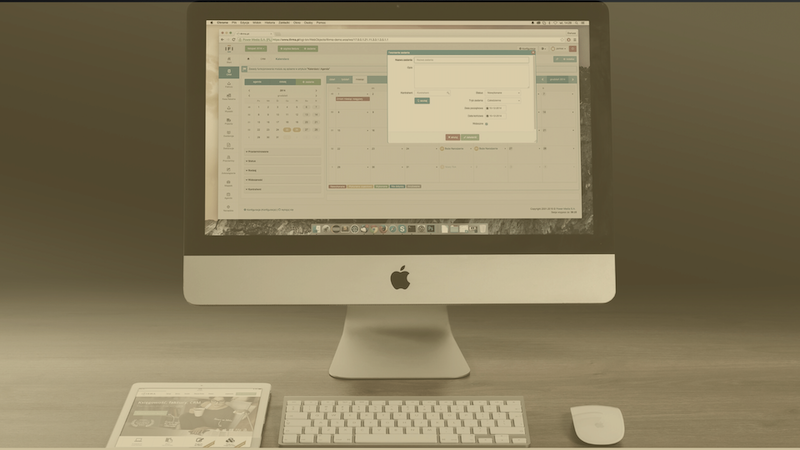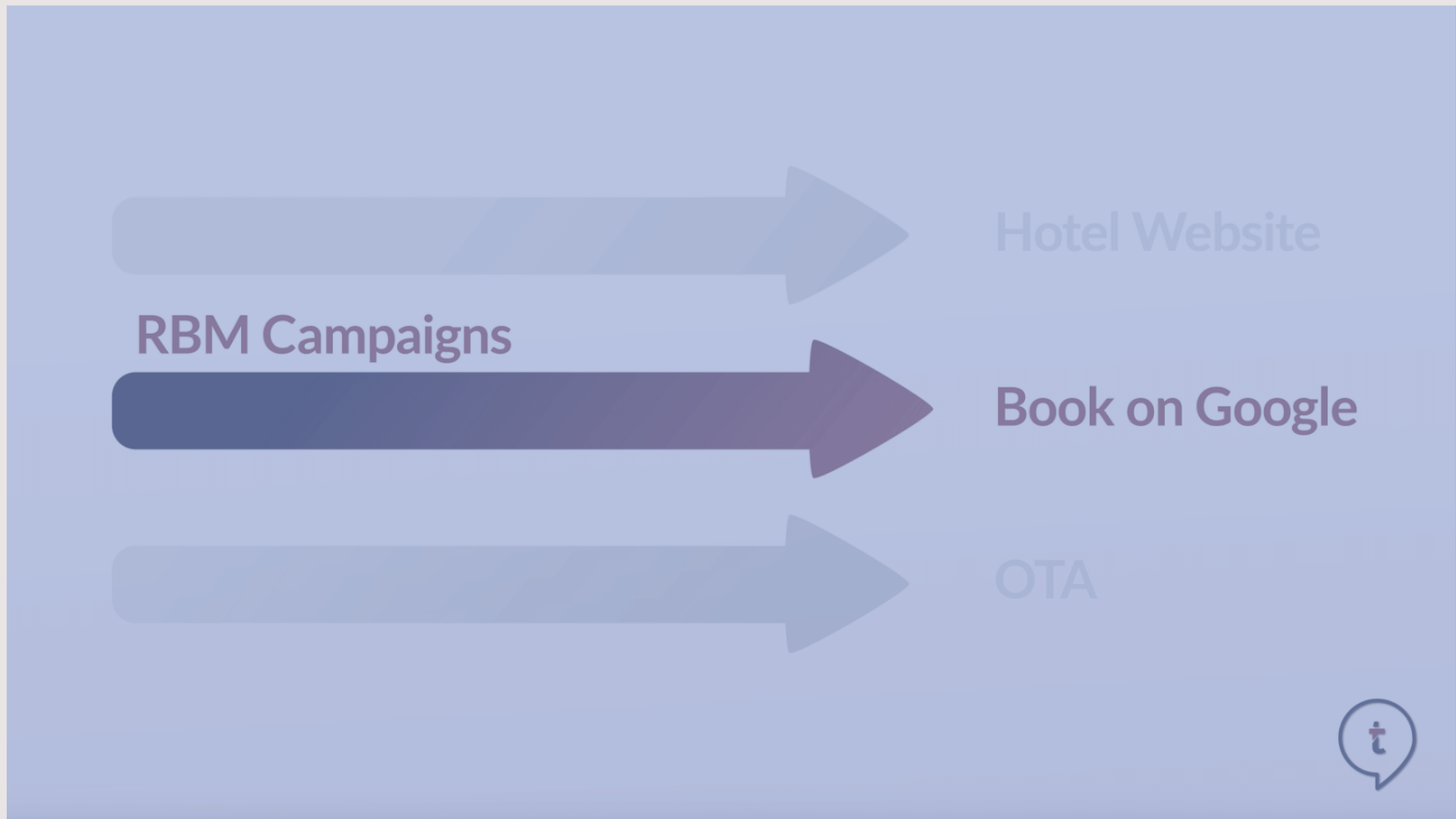Automation and AI: A new Outlook on Guest Expectations and Staff Shortages
For those of us who have been in hospitality for the last few decades, we know that there has never been a more disruptive and catastrophic period in our global history than this pandemic. Like many of you, I took traveling for granted. And now we are ready to get back on the road. Along with many others in numerous regions worldwide, we are planning our “revenge travel.” A term coined after everyone has been cooped up for so long that we’re ready to go just about anywhere. But are hotels and accommodation providers ready?
We’re hearing from customers and partners about the major issue of staff shortages, with hoteliers struggling to find workers after employees left the industry for other careers. This is compounded by the new cleaning and safety demands placed on the stretched staff.
During my Zoom calls, we discuss strategies on how to deal with these new restrictions. While hospitality has never been an early adopter of automation or artificial intelligence, I think we can all agree that it has now become part of our reopening discussions and will become part of the new way we do business. In the past, hoteliers considered automation and Artificial Intelligence (AI) a counter to hotels' DNA: face-to-face, hands-on service. But the face-to-face world has now taken a back seat to safety, conveniences, and the practicalities of a struggling hospitality workforce.
Let's take a look at this from a guest's point of view. Guests expect a certain level of automation and AI in their everyday lives, extending to their travel. They spend a lot of time building personal profiles so that technology recognizes them, their preferences, their group memberships, their payment methods, etc. People drive cars that know their seat settings, enable keyless entry, and integrate with their mobile phones for in-car services for calling, streaming, and notifying authorities in case of an accident. At home, voice devices control the temperature, play music, and order groceries.
There has been a definite shift where guests now want to integrate the conveniences of home into their hotel stays. They crave that experience before, during, and after their trips. If they book trips online and provide all their information at the point of sale, how can hotels personalize their stay based on that guest profile?

Here are some key areas where automation and AI can augment guest satisfaction with the side benefit of streamlining back-of-house services for an already stretched staff.
Mobile-first approach
A mobile device is probably the single most significant identifier of consumers today. With a unique number tied to a real person with a specific account, downloaded apps, and payment methods, this is the gateway to a digital touchpoint with your guests, not to mention an entryway into upselling hotel services and amenities.
Imagine first being able to get guests onto the property Wi-Fi. This enables hotels to engage with them before they reach the lobby instantly. Technology such as Passpoint exists today and is being implemented by hotels to create a secure, seamless way to get onto the hotel Wi-Fi and keep them connected and identified across multiple hotels, locations and venues.
This also means that a hotel’s Property Management System (PMS) is up-to-date so that the technology can recognize the guest immediately and begin providing that high touch service without the “touch.” The guest can leverage a mobile check-in feature, followed by a keyless entry. Rather than the technology being perceived as a cold, impersonal level of service, the guest is relieved by not having to wait at the front desk and answering a host of questions the hotel should already know.

Once inside the room, a guest can continue to use their mobile to cast their choice of content directly to the in-room TV. The hotel can deliver timely messages about F&B times and specials or shuttle services to nearby attractions. This level of attention is not intrusive; it’s helpful, timely and appropriate. Every hotel should have a mobile-first strategy or risk being left behind in the wave of digitisation.
Voice/AI services
It’s estimated that by 2025, 409.4 million smart speaker units will have shipped worldwide. There is nothing easier than giving voice commands - it’s instantaneous and intuitive. It’s also a reasonable expectation on the part of guests to prefer a smart hotel just like their smart homes.
Integrating room controls with in-room voice devices or via a mobile app helps acclimatise guests and makes their experience more personalised. For example, how many of us have struggled with the in-room air conditioners or heaters, only to call the front desk or suffer uncomfortable room temperatures? Beyond opening the curtains, turning on the TV, guestroom assistants can also act as a digital concierge, making reservations in the hotel restaurant, ordering more towels, and booking a spa appointment on property.
Voice/AI supplement a hotel’s staff, provide contactless service and save time for everyone. The end goal of any kind of automation or artificial intelligence has always been to make life easier for humans. So instead of rejecting technology, it’s a natural progression for hotels to adopt what would be easier for guests and staff. If we’re willing to make beds and do laundry for our guests, we should envelop the whole experience in a digital wrapper. Let’s say guests can order housekeeping or service items with a simple command; how much more efficient is that for staff and guests alike?
Similarly, eliminating or drastically reducing the number of calls to the front desk, or the concierge using a voice technology strategy, creates an optimal guest experience and focuses precious staff time from menial, repetitive tasks to more valuable guest interactions. AI in the room has the opportunity to create those “wow” factors in a new way to delight loyalty members. When a guest opens the door, their favourite song can start playing, or the concierge can instantly offer to order their favourite pizza after a long day. By automatically integrating data already collected after each stay, the experience just gets better and better.

Back-of-house automation
It’s time to recognise that working in a hotel is similar to operating other 24/7 services. Automation is a critical component in each of these service models and helps with overall employee satisfaction and efficiency.
Hotel staffing relies on an accurate PMS deployment to understand occupancy levels and types of guests, i.e., conference attendees, concert-goers. But in addition to having a robust PMS, automation and intelligence begin at the online travel agency (OTA) interaction so hotels can understand buying and guest behaviour before they arrive on the property. Having insight into the OTA and PMS systems can help automate inventory management and pricing.
Back-of-house automation can also use robots for day-to-day tasks, including the now enhanced cleaning protocols. Imagine having integration with a guest mobile check-out activity that can then send a housekeeper to that guest room without manually scheduling that activity. What about operating robots to clean public areas where guests can observe first-hand the steps hotels are taking to ensure guest safety? Hand-in-hand with voice services mentioned, robots can fulfil guest requests such as getting more towels or other in-room amenities.
Getting Back on the Road
We’re all in this together, and I wish hoteliers and guests the very best experience as we reboot the industry and the associated economies. Now more than ever, technology can be both a game-changer and a lifesaver. If you haven’t already, consider implementing an automation and AI strategy that integrates mobile, voice and back-office systems. I realise we’re all reopening at different rates based on our locations, but I look forward to getting back on the road again and staying in both old and new hotels.
About the Author
Hauke Lenthe, Managing Director, EMEA & APAC at Nomadix

-
Hauke Lenthe, Managing Director, EMEA & APAC: Brings over 25 years of hospitality and international hotel technology experience, spanning from managed internet services to operational and guest-facing software. Previous roles include Vice President of the Middle East and Africa in Dubai at iBAHN and Executive Vice President at Shiji Group supporting Hetras Cloud PMS. He also served as Partner and CCO for Neorcha, a Dubai-based hotel app startup.
Nomadix is a Contributing Member of techtalk.travel.
Connect with Hauke on Linkedin.
Also, find these complementary content elements on Automation in Hospitality:
- ARTICLE l The Problem with Automating in Hospitality, written by Julie Grieve from Criton
- ARTICLE l Scaling Upselling through Automation, written by Mattia Zanella from Oaky
- Video Part 1 l Automation in Hospitality with Stephen Burke from Sciant and Zoe Koumbouzi from ReviewPro
- Video Part 2 l Automation in Hospitality with Mattia Zanella from Oaky, and Allan Nelson from For-Sight
- PODCAST l Stephen Burke from Sciant, Julie Grieve from Criton, Allan Nelson from For-Sight and Mattia Zanella from Oaky discussing automation in hospitality.
- INFOGRAPHIC l Automation Technologies for Hotels
Also, find these related editorials




 Free download
Free download

![V03: The History of Hotel & Travel Technology | [Updated] Infographic](https://www.techtalk.travel/storage/app/uploads/public/63f/e6f/ec8/63fe6fec80447817849943.jpg)



Create an account to access the content.
Get access to Articles, Video's, Podcasts, Think Tanks, Infographics and more.
Click “Sign In” to accept our
Terms of Service Privacy Policy